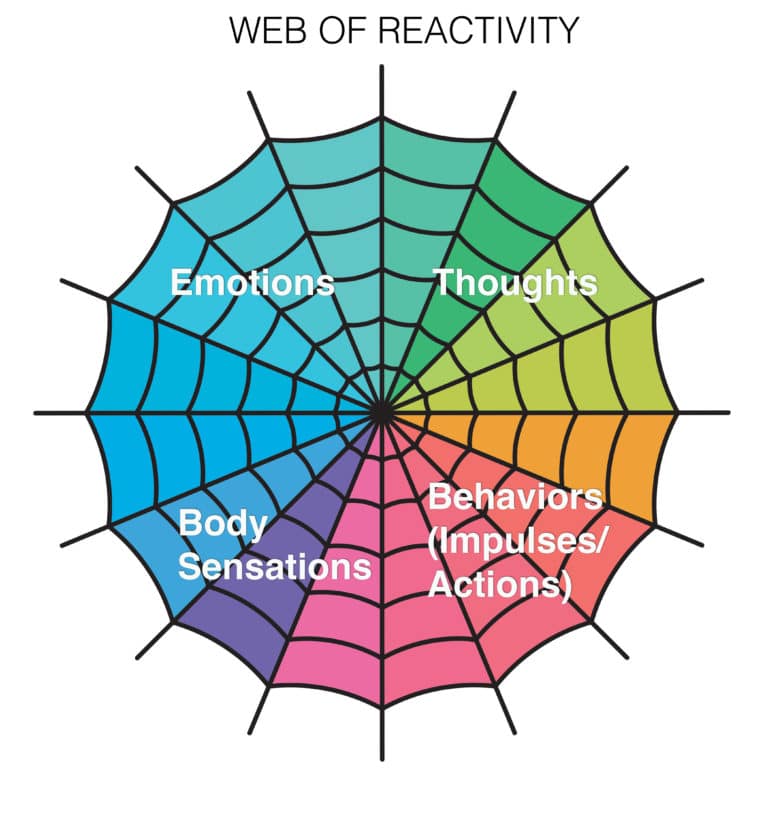Unchecked stress can wreak havoc on your well-being. These are the warning signs that you’re heading toward burnout plus six steps to manage your stress.
Stress is everywhere. You wake up in the morning to the sound of your phone’s alarm blaring, sending a hit of adrenaline through your system. Then, you might get another hit as you scroll through your news feed and learn about the latest global or local disaster. At times, it feels as if there are threats everywhere, real or imagined, and the body and mind react accordingly in any number of ways. Your heart may speed up or you may feel sweaty, hyper-focused, or simply avoid whatever happens to be unpleasant in the moment.
We all thought that technology would make our lives easier. But instead we are inundated with packets of data, much of it irrelevant. Facebook tells us what our long-lost friends are doing on vacation. Google reminds us of a holiday potluck we are supposed to attend. We can endorse professionals on LinkedIn so they will endorse us. Twitter truncates the day’s news into tidy sentences, and a device on our wrist reports that last night, we had 45 minutes of “restless sleep.” Email has become, in the words of a friend of mine, “a To-Do list that you didn’t create.” And the plethora of apps at your fingertips that help you, say, navigate IKEA more effectively, provide minimal payoff.
Our inability to step out of the information flow — such as at work where we may be required to stay plugged in or can’t seem to get away physically or psychologically from our phones at any time — has a direct effect on our health and well-being. Namely, and not surprisingly to many of us, an increase in stress reactivity.
The Three Stages of Stress
There are many definitions of stress and one is from the original father of stress research, Hans Selye: the non-specific adaptation response of the body to any demand or problem. He described a process of how we respond to stress called the General Adaptation Syndrome (GAS) consisting of three stages: Alarm, Resistance, and Exhaustion.
Alarm involves a number of physiological reactions — hormonal, neurological, cardiovascular, etc. — and psychological reactions, as we move into a fight, flight, or freeze response for survival.
Resistance may be viewed as the physiological and psychological attempt to adapt to and overcome the effects of the stressor. This is all well and good if the stressor resolves — if not, the stress hormone cortisol will continue to be produced, resulting in poor sleep, increased illness, anxiety, weight gain, and poor cognitive functioning.
Exhaustion may follow when a stressor becomes chronic either from ongoing exposure or ineffectual and repeated attempts to deal with it. We become overwhelmed.
The Warning Signs of Burnout
Fortunately, most of us now live without the threat of sabre tooth tigers — but we instead face long commutes, harsh emails, striving for the almighty dollar and enhanced self-esteem. These stressors result in the same internal reactions as when we are confronted with something life threatening. To read more from Patricia Rockman, click here.

